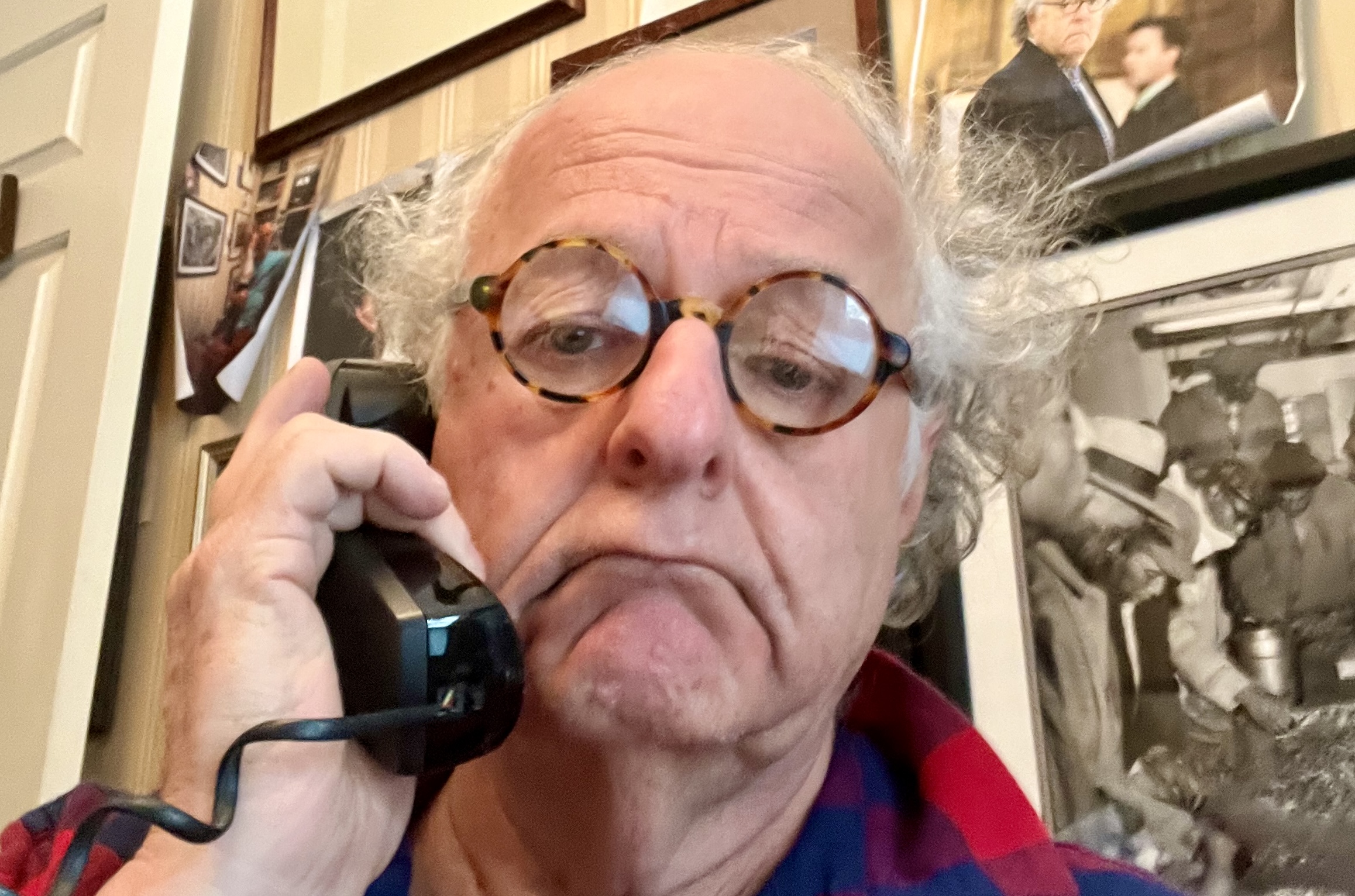Guest essay: Who should health care serve?
By: Mark D. Schwartz, Esquire
When was the last time you were able to talk to a doctor assigned by your health plan? It rarely happens anymore. Characteristically, people call their doctor when they are having a problem. Yet what the caller hears first is a recorded message: “If you have a medical emergency, please hang up and call 9-1-1” Translated, this means, “Caller… we’re more interested in our legal liability than your problem.”

Callers who persist and stay on the line are directed through a host of prompts that merely add to the frustration, including suggestions that they go to a web site. So much for those without access to a computer or the ability to use them. And so much for the infirm or elderly.
Callers with time and infinite patience eventually reach a live person, generally a low-level intake person. One actual physician told me that these folk are paid what someone working at Target makes. It is an open issue who has more training.
When I called my Penn doctor during the day, I was connected to someone clearly at her home, complete with her family talking in the background and a baby screaming. When I asked where I had landed, she hung up.
Another time I called for an adjustment to my diabetes medication, telling the intake person that I had lost a significant amount of weight, down to 177 pounds. She said that she would get back to me. She did, at the end of the day, telling me that a blood sugar number of 177 was still high.
My startled response was, “ That number was my weight, not my blood sugar level.” Unlike asking a fast food server to hold the mayo from the burger, this is serious stuff with serious implications.
The web sites that we are directed to use for appointments and questions are full of “garbage in, garbage out” information leading to misinformation and misunderstanding. From my experience, this simply necessitates more in the way of unnecessary back and forth than would be needed if I could just talk to someone with sufficient medical training or experience.
What’s that old saying? “One call to a registered nurse is worth thirty tweets?” But the health care system has taken those resources away from doctors and replaced them with the equivalent of fast-food workers. In the 15-minute doctor visit we might be lucky enough to get, the doctor examines his or her computer more, and us patients less.
In contrast, not so long ago, I would call my personal doctor’s office and speak with one of two long-time assistants who actually had medical training and knew me, my history, and how to respond. Health systems hire office personnel nowadays, not health personnel. They are stuck with the results. My personal doctor tells me that staff come and go from their jobs with such frequency that he no longer bothers to learn their names . “It might as well be McDonalds,” he says.
I once knew a politician who defined government as simply the process of “whacking up” pies of money. Now, with virtually all of my doctors leaving their practices, not on account of age, but from frustration, it is clear that the system is not about delivering care. Instead, for those running systems such as Jefferson, Penn Medicine and Main Line Health, its about maximizing profits and minimizing costs, depriving doctors of the basic resources necessary to provide care. It’s about whacking up money.
This has not happened overnight. Blue Cross, ironically a “non-profit,” has long been about restricting health care payments, overpaying its politically-connected executives, and hoarding money that should have gone to providers. This has been going on for decades. The same can now be said about Jefferson, Penn Medicine, Main Line Health and any of the health care behemoths. For example, The Inquirer shockingly revealed that Jefferson paid more to its CEO than it provided in care for the region’s poor. Surely Penn Medicine and Main Line Health aren’t far behind when it comes to ridiculous amounts of executive pay.
Physicians, like my long-term doctors, professionals dedicated to patient care, are being driven out.
Our health care system is no longer about providing health care. It is about extravagant and unjustified pay for those at the top.



